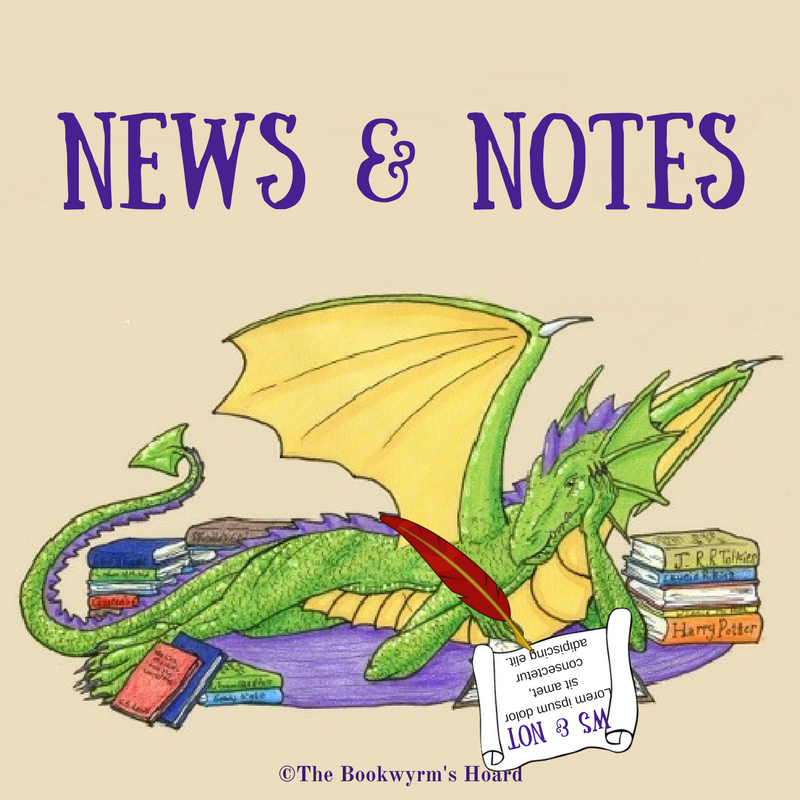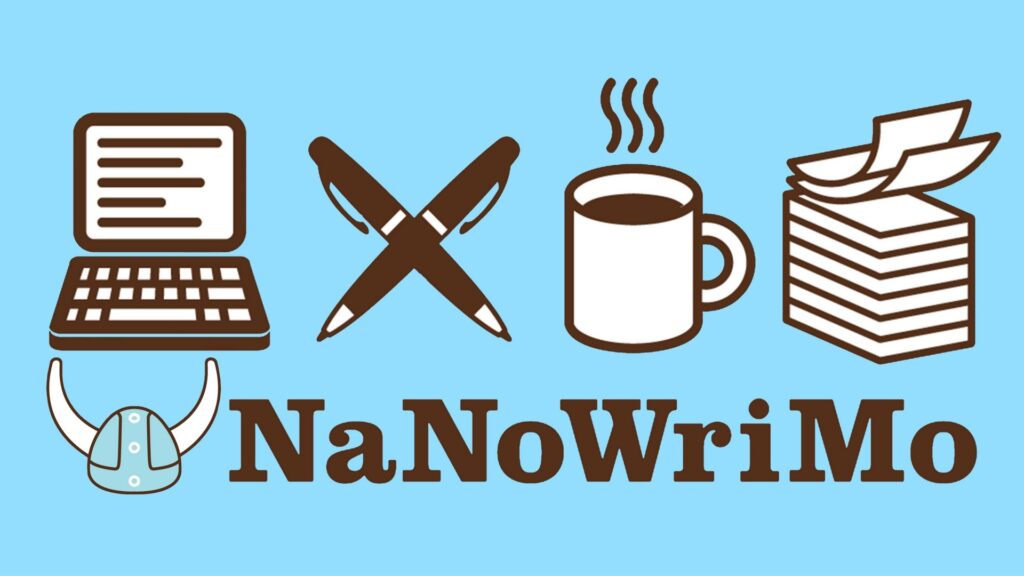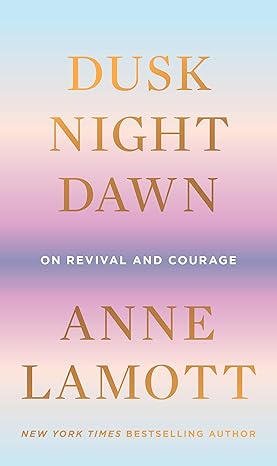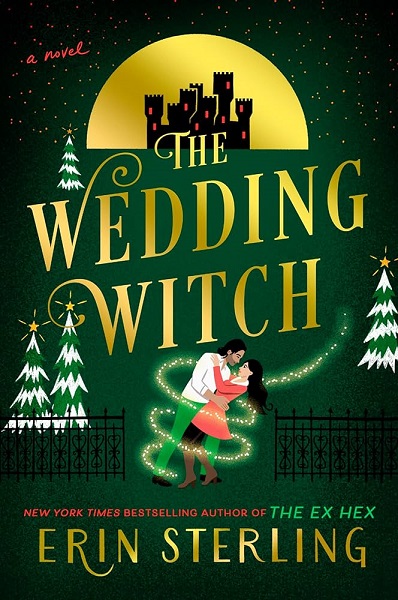News & Notes is a weekly Saturday post featuring book- and publishing-related news, links to interesting articles and opinion pieces, and other cool stuff.
NOTE: I’m going to stick to two major stories this week, because I have too much going on in my own life and no time to hunt down the usual fun and informative links. But two book-related stories broke in the last couple of weeks that I thought you all should know about. And, gentle reader, I have opinions. Especially about the first one (which is actually the more recent of the two.)
NaNoWriMo’s Controversial Statement on AI
NaNoWriMo Organizers Said It Was Classist and Ableist to Condemn AI. All Hell Broke Loose. (Wired) Basically, NaNoWriMo announced that it doesn’t see a problem with writers using AI in general, though it allowed, in a later clarification, that “though we find the categorical condemnation for AI to be problematic … we are troubled by situational abuse of AI, and that certain situational abuses clearly conflict with our values.” Gee, ya think? Based on their values in the past, I would have expected them to oppose the use of generative AI as a writing “tool.” But one of their corporate sponsors is ProWritingAid.* You do the math.
Writers, both published and not, aren’t buying it. I have seen literally hundreds of responses on Threads (either posts or comments) indicating that the poster is quitting NaNoWriMo. Several authors have severed ties rather publicly, including Daniel José Older, Maureen Johnson, Cass Morris, and Charlie Jane Anders. A number of writers with one or more forms of disability have been enraged by the organization’s stance as well as their claim that any disagreement is “ableist and classist.” And NaNoWriMo has lost at least one sponsor, as well; Ellipsus (a writing and collaboration app) has stepped away from sponsoring the organization, according to this statement on their blog.
All in all, it’s a serious misstep for the nonprofit organization, which was already struggling to recover from accusations last year that they were not doing enough to protect minors from grooming and abuse. The new leadership has not handled either issue well. I’m saddened by all of this, and incredulous that the NaNoWriMo team would shoot itself in the foot this way and then compound the issue by calling those who disagree “ableist and classist.” While I’m not quite ready to sever ties permanently and delete my NaNoWriMo profile just yet (I still hold out hope that NaNoWriMo might get back to what they were in the early days), I won’t be using the site for the foreseeable future.
Look, I agree that some forms of AI are helpful to writers with disabilities, writers who didn’t have access to a top-tier education, writers working in their second (or third, or sixth) language, and just plain writers in general. Spelling and grammar checkers are deeply useful. An AI editor that could flag overuse of a word or phrase, maybe even suggest a menu of alternative words (a la a thesaurus)—that would be even better. (If you know of one, let me know!) If someone could develop an AI editor capable of pointing out plot holes, places where the story sags and the pace drags, places where you changed POV without intending to… something like that would be great (but not a substitute for beta readers and an experienced human editor.) But what AI shouldn’t be used for is the actual writing itself. Show me where I’m going wrong, even make general suggestions for improvement, but don’t write my story for me. In other words, let’s develop AI software to function better as a first-pass editor, not substitute for a writer.**
There are authors who disagree, believing that generative AI (LLMs like ChatGPT) are useful tools for an author, much in the way that some visual content creators feel that visual AI software programs like DALL-E and MidJourney are useful tools. (See this Ars Technica post, which points out ways that disabled writers can and have benefited from generative AI.)
But the vast majority of writers, like artists and photographers, are deeply concerned by AI software firms’ wholesale theft of intellectual property. Most generative AIs have been trained on other people’s content, usually used without the permission or even knowledge of the copyright holder. The content subsequently generated by those AIs is necessarily derivative—in some cases, to the point of demonstrable plagiarism. And even when it’s not clear what sources it was trained on, AI-generated content lacks both a human writer’s or artist’s distinctive voice/vision and creative spark. For both reasons—the intellectual property theft, and the “most common denominator” nature of AI-generated content—those who value human creativity fear that widespread use of generative AI such as ChatGPT and MidJourney will devalue human artists’ and writers’ work. And that’s not even getting into the AI feedback loop problem, which can lead to ever-worsening outcomes and eventual model collapse. (VentureBeat)
I guess what I’m really trying to say to the NaNoWriMo leadership is: You really blew it. Again.
More coverage of and opinions on the NaNoWriMo story at: CNET, The Byte on Futurism.com, Literary Hub, The Verge, and The Washington Post. (The latter is behind a paywall.)
Footnotes:
*ProWritingAid is an AI editor/writing aid that provides writing coaching and suggestions that go well beyond the usual grammar and spelling checks. Their website shows, among other features, a single sentence expanded by the AI tool into three paragraphs… three paragraphs the writer did not write themselves. That bothers me. A lot. It bothers me because if the writer uses those paragraphs, they aren’t learning to do this work on their own; because the AI editor is coaching the writer to mimic a generic writing “voice” rather than discover their own voice; and because the sources that were used to train the AI were probably used in violation of copywrite and without the authors’ permission. (ProWritingAid does promise users that it won’t train its software on their writing… which is reassuring on one hand, but also means the “editor” doesn’t learn the author’s individual voice and tone, continuing the generic feel and tone of the writing.)
**See footnote above
***Granted, a prolific writer’s voice and style could be emulated to a certain extent. I’m sure if you fed ChatGPT all the Agatha Christie books ever written, it could probably come up with something that could pass at first glance as an Agatha Christie story. But it would probably make some weird errors and assumptions, because AI doesn’t actually understand the way the world works. And the story sure as heck wouldn’t have the spark and masterful twist ending of Murder on the Orient Express, The Murder of Roger Ackroyd, And Then There Were None, or “Witness for the Prosecution,” because generative AI doesn’t come up with truly new ideas. It just repackages existing ones.
Sexual Assault Allegations Against Fantasy Author Neil Gaiman

Neil Gaiman: Three Women Accuse Author of Sexual Assault (Rolling Stone and also The Mary Sue.) Somehow I missed this story when it first became public earlier this year… probably because as far as I can tell, mainstream media was slow to pick up the story. (It still has not appeared in most mainstream publications.) If the allegations are true—and I generally believe women, especially since they often pay such a high price for coming forward—it’s heartbreaking for the victims. It also comes as a huge shock and disappointment to the authors’ many friends and fans. Mr. Gaiman, who is normally very active on social media, has been silent for weeks, and has not issued a statement regarding the allegations.
As a result of the allegations, Disney [Is Pausing] ‘The Graveyard Book’ Film Following Assault Allegations Against Neil Gaiman (Variety) and Netflix’s Dead Boy Detectives, set in the author’s Sandman universe, has not been renewed for a second season. (NME) Rolling Stone also has an article on the Graveyard Book adaptation, but it’s behind a paywall.








































Lydia
I was so sad when I heard the Neil Gaiman news. Ugh.
And, yeah, AI is theft.